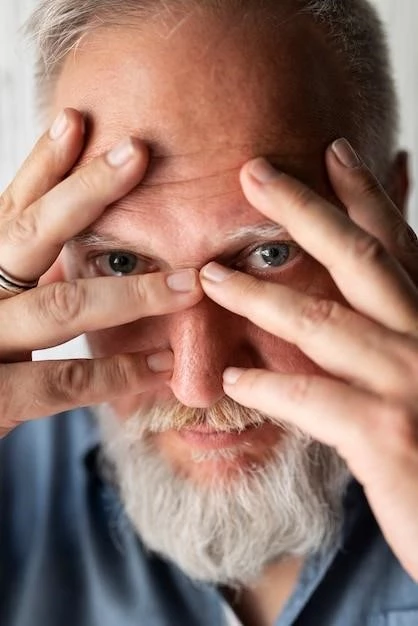Understanding Conjunctivitis
Causes of Conjunctivitis
Conjunctivitis, also known as pink eye, can be caused by viruses, bacteria, allergies, or irritants. Viral conjunctivitis is often associated with common cold viruses, while bacterial conjunctivitis can be caused by various bacteria strains. Allergic conjunctivitis is triggered by allergens like pollen, dust, or animal dander. Irritants such as smoke or chlorine in swimming pools can also lead to conjunctivitis. Poor hand hygiene can spread infectious forms of conjunctivitis, making it crucial to wash hands regularly.
Symptoms of Viral Conjunctivitis
Symptoms of viral conjunctivitis include redness in the white of the eye, watery eyes, increased sensitivity to light, and itching or burning sensations. Patients may also experience blurred vision, discharge from the eyes, and swollen eyelids. Viral conjunctivitis is highly contagious and can spread through contact with infected eye secretions. It is essential to practice good hygiene, such as avoiding touching the eyes and frequently washing hands, to prevent the spread of the virus.
Treatment for Allergic Conjunctivitis
When it comes to allergic conjunctivitis, treatment typically involves avoiding allergens that trigger the condition. Over-the-counter antihistamine eye drops or oral medications can help alleviate symptoms like itching and redness. Cold compresses may also provide relief. In severe cases, a healthcare provider may prescribe stronger medications like corticosteroid eye drops. Proper management of allergic triggers is crucial to prevent recurrent episodes of allergic conjunctivitis.
Preventing the Spread of Bacterial Conjunctivitis
To prevent the spread of bacterial conjunctivitis, it is essential to practice good hygiene. Individuals should avoid touching their eyes with unwashed hands and refrain from sharing towels, pillows, or eye makeup. Regular handwashing, especially after coming into contact with an infected person or their belongings, can help reduce the transmission of bacteria. Contact lens wearers should follow proper hygiene protocols and avoid sharing contact lenses or solutions to prevent bacterial conjunctivitis.
Home Remedies for Pink Eye
Home remedies for pink eye can help alleviate symptoms and promote healing. Applying warm or cold compresses to the eyes can reduce inflammation and soothe discomfort. Gentle eyelid massages can help loosen crusts and discharge. Using artificial tears or lubricating eye drops can provide relief from dryness and irritation. It’s important to avoid wearing contact lenses and eye makeup until the infection clears. Proper hygiene practices, such as washing hands regularly and avoiding sharing personal items, are also crucial in managing pink eye at home.
Conjunctivitis in Children
Conjunctivitis in children, commonly known as pink eye, can be caused by viruses, bacteria, or allergens. Symptoms may include redness, itching, discharge, and sensitivity to light. Children with pink eye should avoid attending school or daycare until the infection clears to prevent spreading it to others. Treatment options include antibiotic eye drops for bacterial conjunctivitis and antihistamine medications or eye drops for allergic conjunctivitis. It’s essential to consult a pediatrician for proper diagnosis and management of conjunctivitis in children.
Differences Between Viral and Bacterial Conjunctivitis
Viral conjunctivitis is typically associated with clear, watery discharge and is often accompanied by cold symptoms. On the other hand, bacterial conjunctivitis tends to produce thicker, yellow-green discharge. Viral conjunctivitis is highly contagious, while bacterial conjunctivitis can also spread easily. Bacterial conjunctivitis is commonly treated with antibiotic eye drops, while viral conjunctivitis usually resolves on its own without specific treatment. Proper diagnosis by a healthcare provider is crucial to determine the appropriate management strategy based on the type of conjunctivitis.
When to See a Doctor for Conjunctivitis
It is advisable to seek medical attention if you experience severe eye pain, vision changes, sensitivity to light, or symptoms that worsen or do not improve with home care. If you have a weakened immune system, diabetes, or are pregnant, it is important to consult a healthcare provider promptly. Infants with symptoms of conjunctivitis should be evaluated by a pediatrician. A doctor can accurately diagnose the underlying cause of conjunctivitis and recommend appropriate treatment to prevent complications and promote recovery.

